A slip at the last hurdle saw both the Indian Men and Women teams missing their slenderest chances of a podium finish, in the eleventh and final round of the Chess Olympiad which concluded at Baku, Azerbaijan. India finished a creditable fourth in the open section and fifth in the women section.
As predicted in Tuesday’s analysis on Firstpost, India’s chances in the open section didn’t materialise at all, as they managed only a 2 – 2 result against Norway, even as Russia’s expected victory over Italy meant that Indians were never in contention for the bronze medal anyway.
Likewise in the Women’s section, India could manage only a draw against USA and finished fifth, but only a score in the range of 3.5 – 0.5 could have stood them a chance of a medal due to comparatively lower tiebreak.
But, both the Indian teams stand to gain by finishing in the top six and thus qualifying for the prestigious World Team Championship, another biannual event held every succeeding year after the Olympiad.
Pentala Harikrishna was once again the anchor of the team, holding the World Champion Magnus Carlsen of Norway to a draw on the top board. In a manoeuvring game arising out of the Guico Piano, Hari with White could not create positional superiority as he could do against the World Championship challenger Sergey Karjakin in the penultimate round, and in fact drifted into an endgame where he was forced to defend.
As Carlsen’s mastery stems from his ability to handle such positions with high precision, the Indian fans were probably nervous at the sight. However, Hari defended doggedly, and chose the precise King and Pawn endgame to transpose to even with a pawn less knowing that it was a draw, a clear example of his technical mastery.
Speaking to Firstpost, Hari was pleased with his performance, and chose his games against Mamedyarov and Caruana as his best efforts of the event. “When I played my first Olympiad in 2000, I was the youngest of the team as a 14 year old. Whereas now, I am the eldest of our team, and we all enjoyed each other’s company throughout the event, which was the main reason for our good show,” he told Firstpost.
Fatigue took its toll on Sethuraman, who committed a simple blunder against Frode Urkedal on the 16th move just out of the opening phase of a Slav Meran. Early after the start of the round and in a position which held no threat for him, his blunder meant that India’s chances for a medal became difficult already.
Baskaran Adhiban played steadily from the Black side of another Slav Meran against Jon Ludvig Hammer, but could almost never create any advantage. Perhaps due to Sethu’s early capitulation, Hammer did not take any risks, the game ending in a draw in 43 moves.
One of the biggest challenges in chess is to play on both sides of the board in any type of game, be it tactical or positional. Only a player with mastery of basic principles and ability to control the game with strong nerves can conduct such a battle, and it was Vidit Gujrathi who showed such class. Gujrathi who was informedly sick for some duration of the event, thus explaining his safe play in the middle rounds, rose to the occasion. Playing an ultra sharp variation with ‘3.f3’ against the Grunfeld Defence, Gujrathi systematically exploited his opponent’s weaknesses on both the flanks to finally crash through on the queenside.
Though missing it out on a medal, the coach RB Ramesh was full of praise for the team. “We lead for most part of the tournament and could have got a medal but for a few unexpected accidents along the way. Though we won Bronze in the previous Olympiad, we didn’t dominate the event like we did this time,” he told Firstpost. Since the youngsters of the team are still to reach their full potential yet, he felt that they did shoot way over their shoulders in this Olympiad.
Coach of the women team, International Master Vishal Sareen, candidly said that the team was unlucky to miss out on a medal. “Soumya Swaminathan gave an amazing performance, and with the number of winning positions that Padmini Rout created but was unlucky not to convert, I felt that God was simply not on her side here," he said.
But he had a completely different word for Tania Sachdev, who delivered another crucial win. “Tania was very sick in the last five days or so, and she played only because I forced her to. Considering that in any other event she would have withdrawn from the event itself, her guts under pressure was exemplary”, he talked about the best kept secret of his team.
But Tania did not give out any such hint about her health, as she pressed her higher rated opponent IM Anna Zatonskih of the USA in an equal ending for a long time. Rewarded with a mild edge in a Rook Ending, she pressured her opponent so relentlessly that Anna finally cracked after about six hours play. Clearly, a game which even a healthy person would have been happy with, considering the competitive circumstances.
Padmini Rout was either fatigued or simply unlucky to lose with White pieces to IM Nazi Pakidze. She was a full piece up in the middlegame by move 29, but two weak moves on move 30 and 34 saw her lose the game.
Dronavalli Harika took the decision on the top board to agree for a draw against GM Irina Krush in a still playable endgame, probably expecting Padmini to win. The decision was surprising from the team’s angle, as Harika was even a little better in the final position, holding the advantage of two Bishops against Krush’s Bishop and Knight.
The final game of the day to end was Soumya Swaminathan’s endgame against WGM Katerina Nemcova. A win in the Rook and opposite coloured Bishops endgame still had outside chances of giving India a medal at that point, and though Soumya pushed for more than 90 moves, she missed her chances in the sixth hour of play.
Final Placings:
Open: 1 USA 2 Ukraine 3 Russia 4 India 5 Norway Women: 1 China 2 Poland 3 Ukraine 4 Russia 5 India


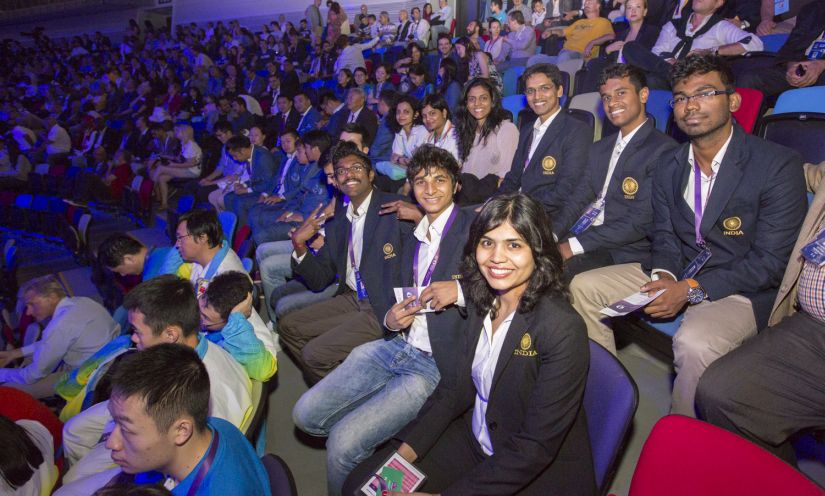)




)
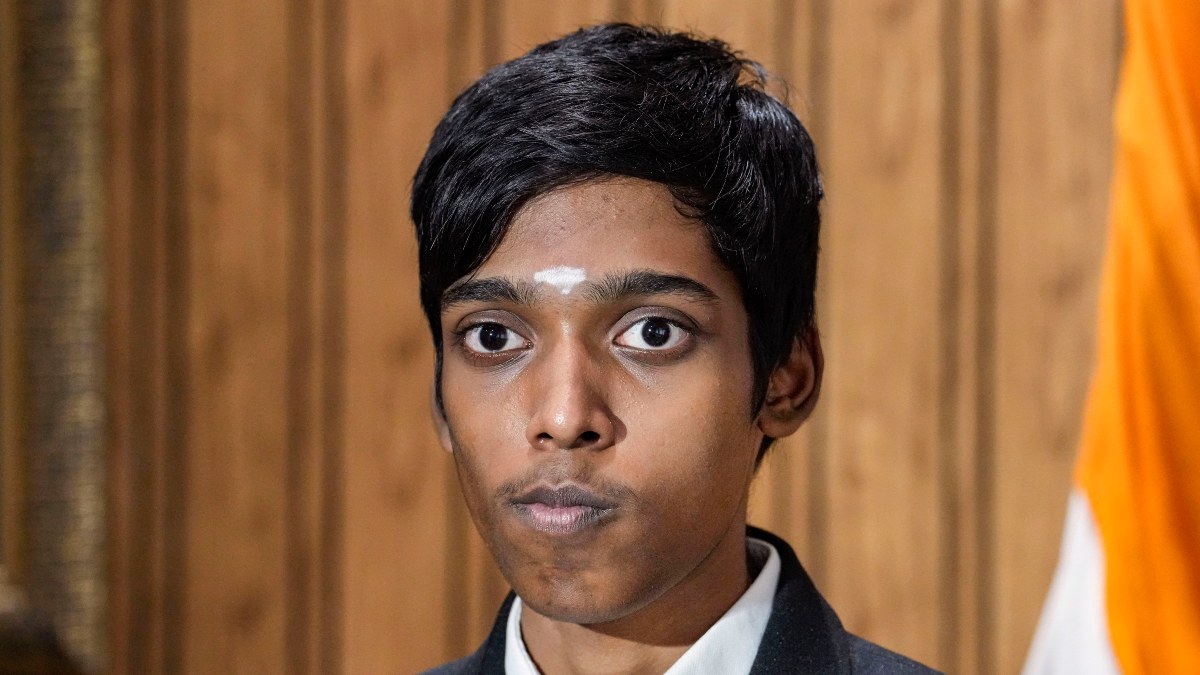)
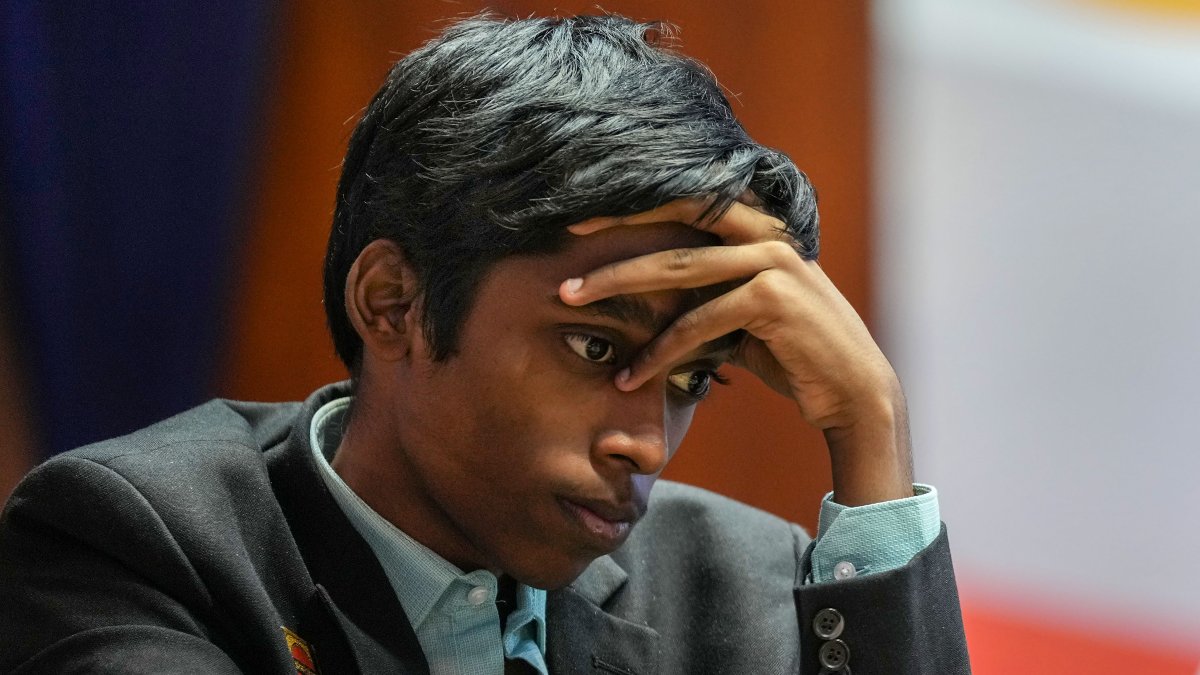)
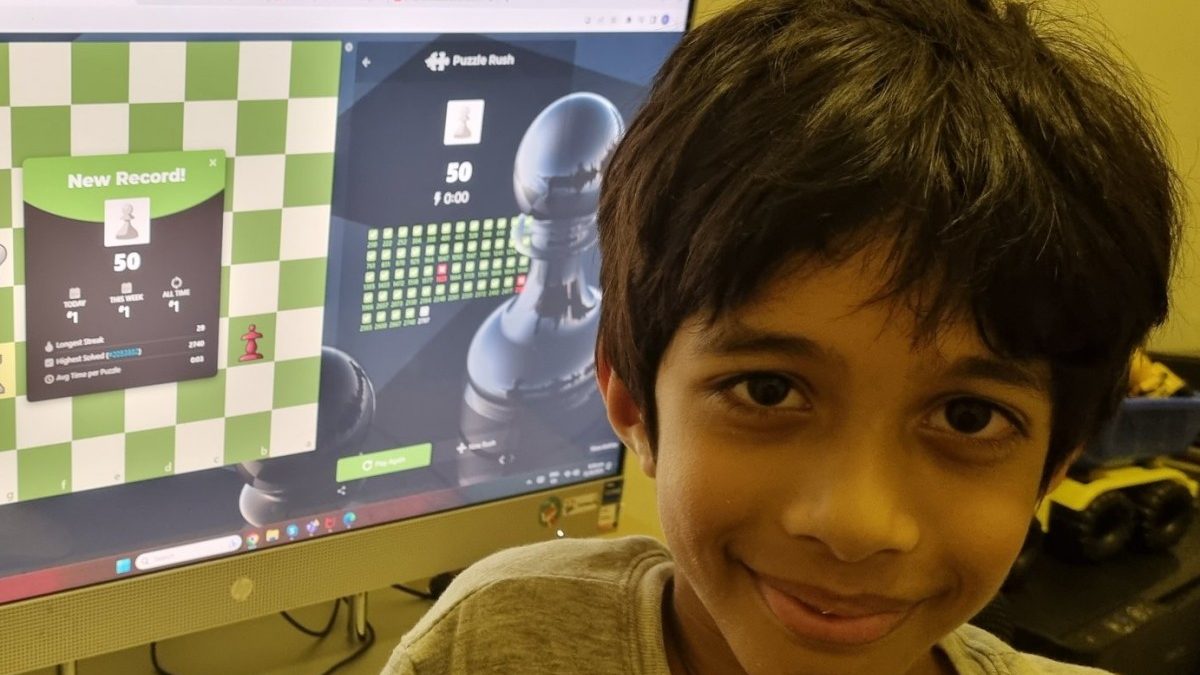)
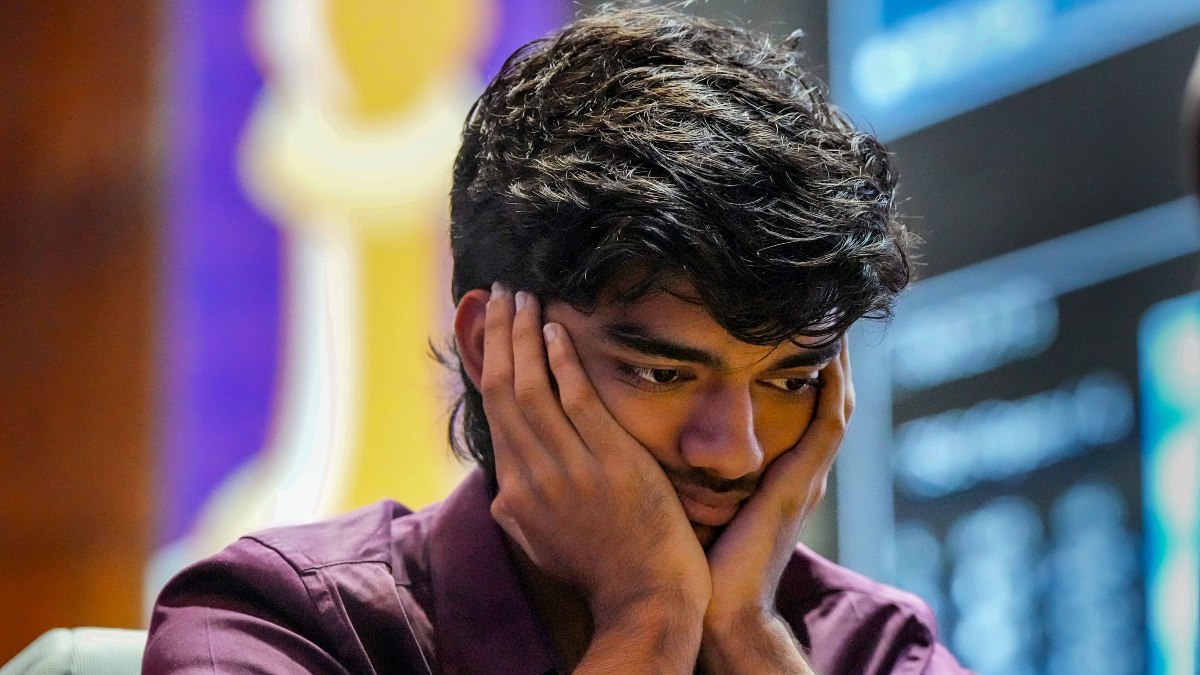)
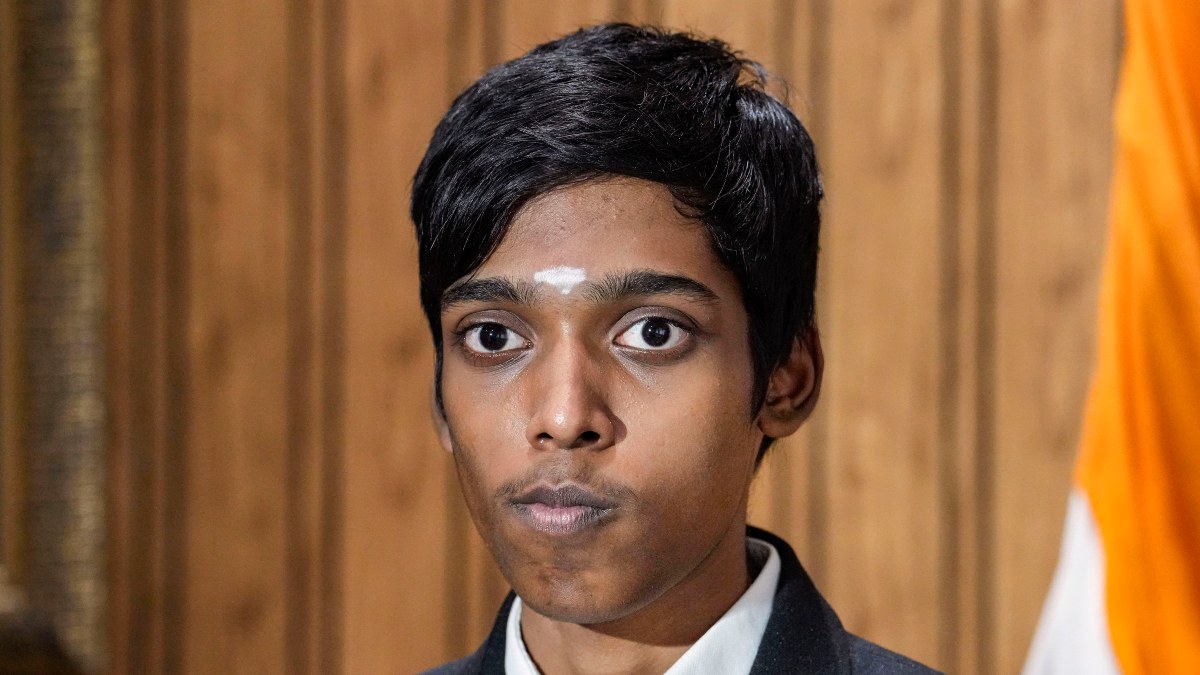)
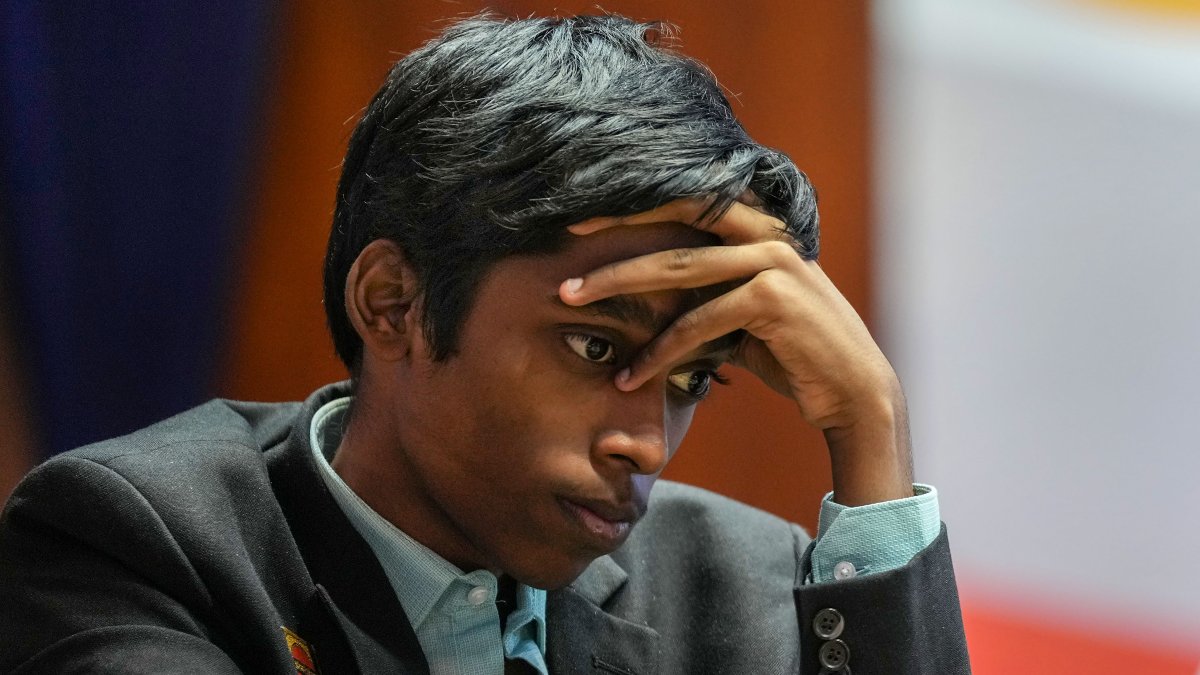)
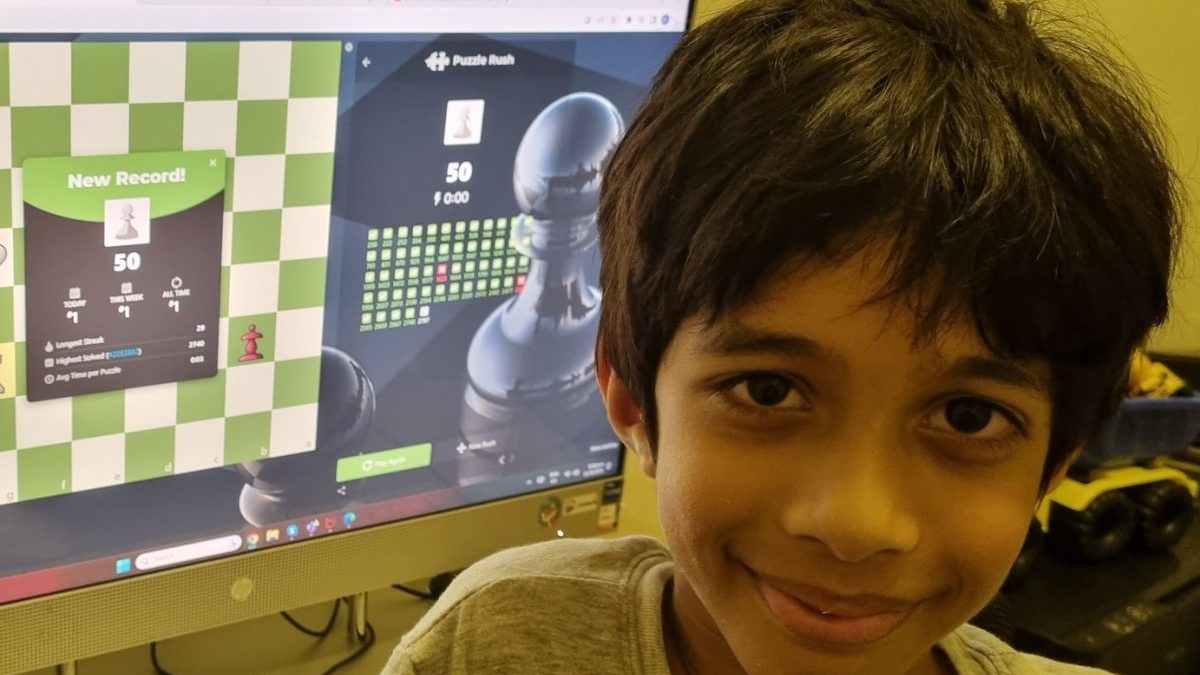)